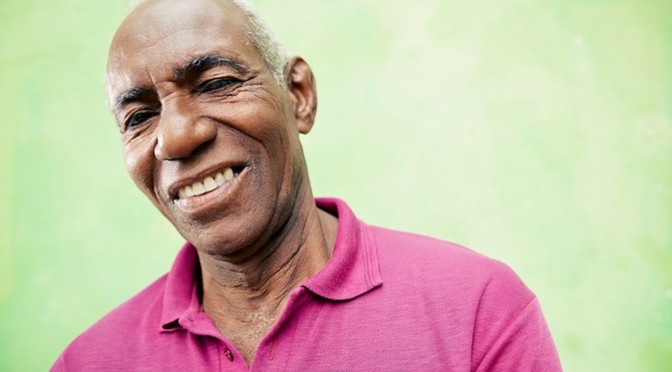University of Maryland researcher, Dr. David H. Chae, completed a study of the effects of racism on African American men. It is already known that African Americans have shorter life spans and increased chances of suffering stress-related illnesses.
Telomeres, DNA sequences that cap the ends of chromosomes, were examined in 92 African American men, ages 30 to 50 years old. The men were questioned about their experiences of being discriminated against. In addition, these men were tested on their own attitudes toward their race. This measure, along with their experiences of being discriminated against, was associated with shorter telomeres. The telomeres are the cells’ way of stimulating the growth of new cells to replace damaged cells in the human body. The shorter the telomeres, the fewer new cells the body makes and the less the body is able to fight off disease and disability.

The men with fewer experiences of racism had longer telomeres than those with greater experiences of racism. Those men who had positive attitudes toward other blacks (less racial bias), had longer telomeres as well. Per Dr. Chae, “African American men who have more positive views of their racial group may be buffered from the negative impact of racial discrimination.”
Researchers reported that participants felt discriminated against most frequently by police and at their jobs. They also felt discriminated against by service providers in restaurants and stores. In addition, the study noted that African American men reported being routinely treated with less courtesy and respect and experiencing more “daily hassles” which contribute to their overall experience of racism.
The effect of having negative attitudes about their own race is both intriguing and troubling. One wonders, though, if self-hatred & group self-hatred could be sparked by a sense of helplessness & hopelessness. If one thinks that being black is a characteristic that causes negative treatment would that affect how the body responds to illness? Would a man blame himself if he were targeted for poor treatment? And would he assume that other brothers, particularly younger brothers, deserve their prison sentences, for example, for fairly minor offenses?
While telomere shortening provides biological evidence of the effect of racism and explains the increase in premature death due to dementia, diabetes, stroke and heart disease, Dr. Chae puts it in simple terms. “Racism”, he says, “literally makes people old.” Maybe it also unconcsiously makes them biased toward other blacks.
“Discrimination, Racial Bias, and Telomere Length in African-American Men”, David H. Chae (University of Maryland, College Park); Amani M. Nuru-Jeter ( University of California, Berkeley); Nancy E. Adler, Jue Lin, Elizabeth H. Blackburn, and Elissa S. Epel ( University of California, San Francisco); and Gene H. Brody (Emory University), American Journal of Preventive Medicine, February, 2014. The study was supported by grants from the National Institute on Aging, the University of California, and Emory University.





